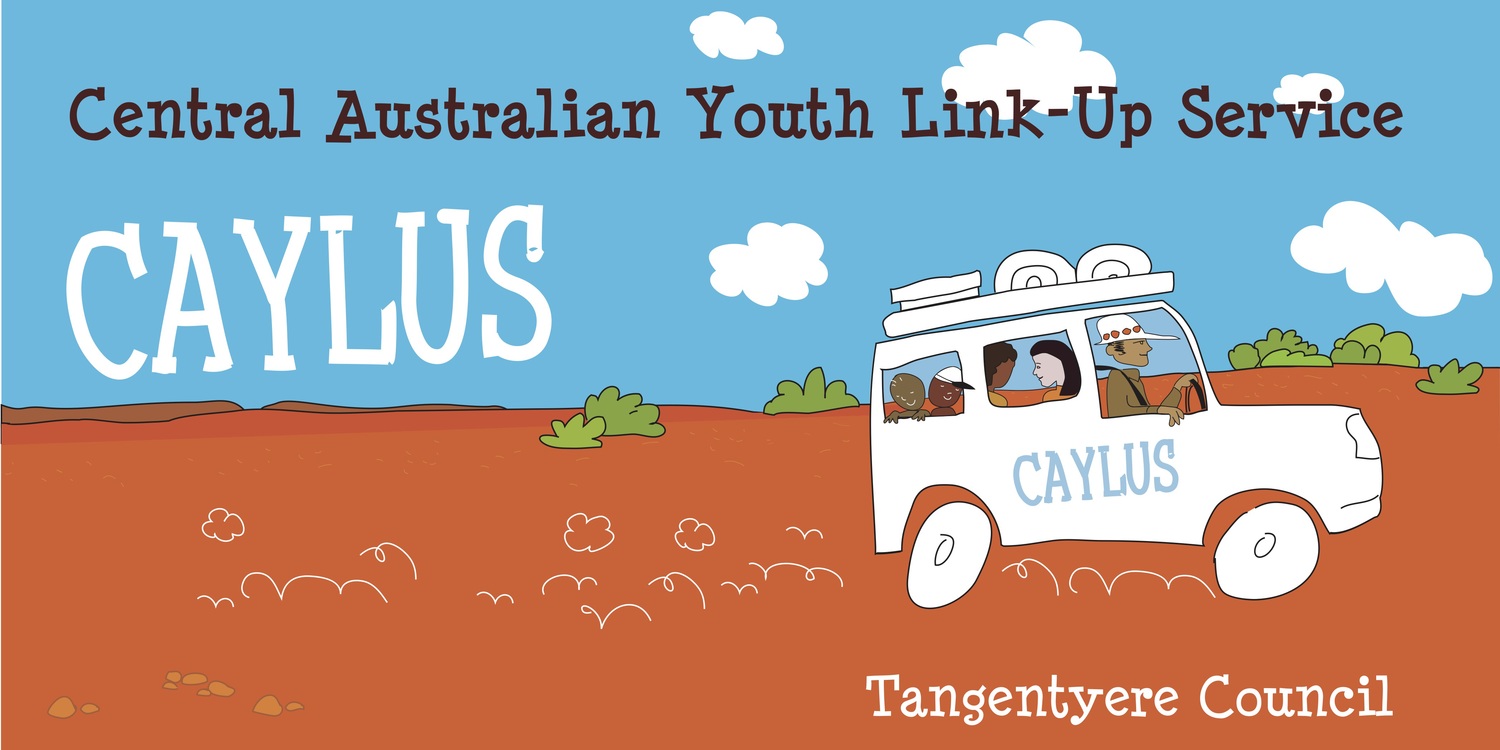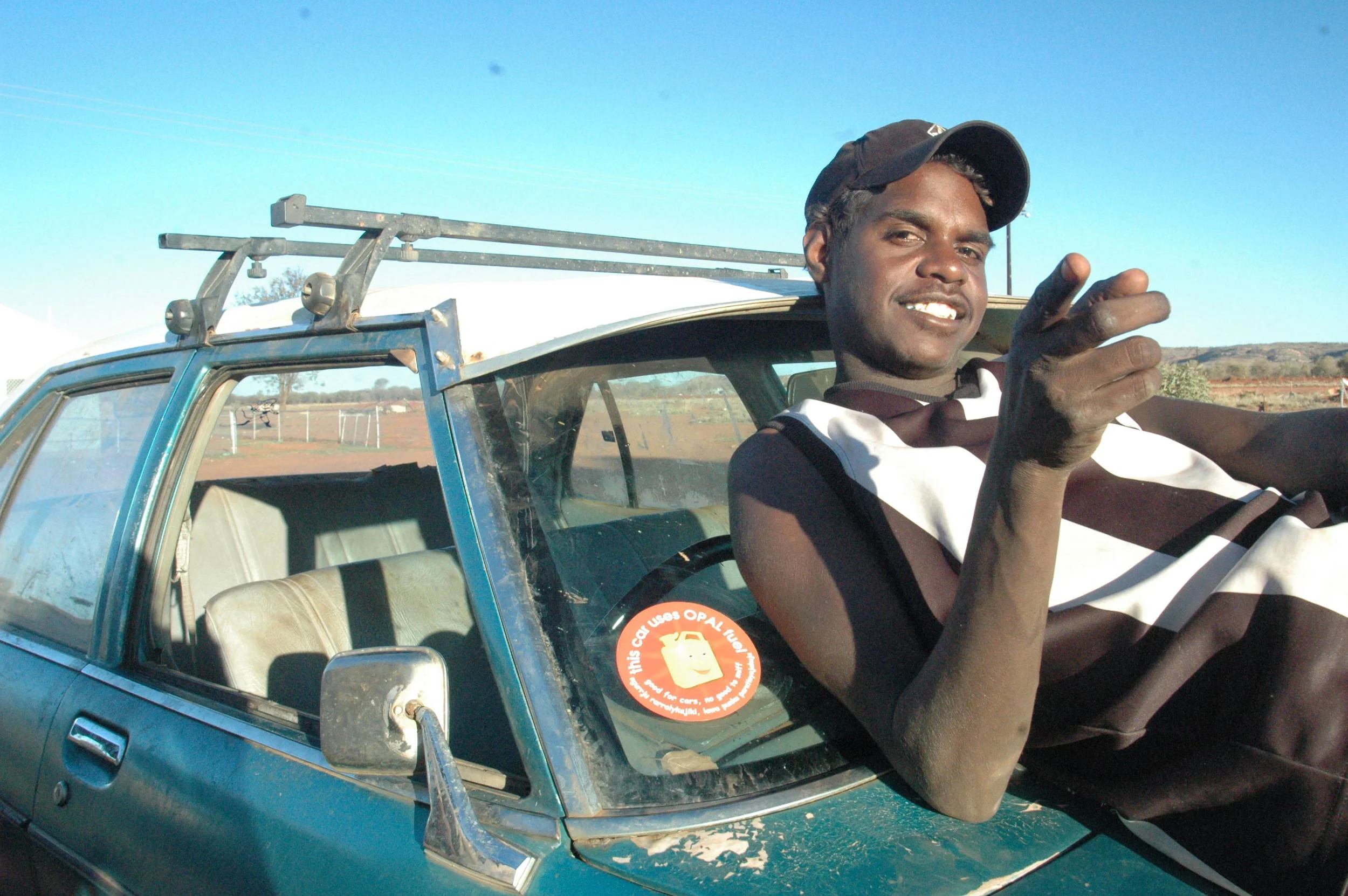Substance Misuse by young people themselves and their families lead to long term health effects as well as a range of problems for young people and their communities.
You can help change this situation.
Why we are collecting funds
We need to ensure that young people and their communities have access to appropriate supports and opportunities in order break with entrenched patterns of substance misuse.
We need to ensure remote community stakeholders are listened to by government and service agencies and that policy responses are built on local knowledge and ideas.
How your gift will be used
Funds will be used to meet the needs that governments won’t fund in the region, these include:
advocacy work: taking the voice of remote community stakeholders to policy and program makers. So often, major government programs miss the mark or worse, add to the problems experienced by young people and families in remote communities. CAYLUS engages in the policy debate through submissions to inquiries, circulation of discussion papers, through commissioning independent research and through building relationships with decision makers. We place an emphasis on putting remote community stakeholders and frontline workers directly in contact with decision makers so that these people know the reality of the programs and policies that they implement.
building youth diversion programs: CAYLUS works with partner agencies to place youth development workers in locations of high risk. While rehab, counselling and education all play a role in reducing the detrimental effects of substance misuse, CAYLUS views prevention as the key to real change. A youth diversion program during a high-risk period such as the school holidays or during a petrol sniffing outbreak can make all the difference in keeping substance misuse from escalating. Your funds will help us sponsor short-term strategic programs and work with stakeholders to source and organise long term funding.
supporting the development of remote computer rooms: Local computer rooms increasingly play a critical role in remote communities where many people do not otherwise have access to computers and the internet. Computer rooms are popular amongst young people in the high-risk 12-25 age bracket and provide a safe supervised environment in which to engage in new and stimulating activities. Computer rooms are used by all ages for practical things such as internet banking, communicating with family in other locations and online purchase of goods that are not available in expensive local stores. Computer rooms provide access to new learning, literacy, communication and skills. In a growing number of communities, school attendance is being linked to computer room access thereby providing a powerful incentive for young people to attend school. Your gift will help us work with remote communities to source and install the necessary equipment, to establish internet access and where possible set the rooms up along a user pays model so that running costs can be sustained. To find out more about remote computer rooms see here.
getting retailers to use Opal fuel: Opal Low Aromatic Fuel is not intoxicating if sniffed. It has proven a very effective tool in reducing the prevalence of sniffing in our region. Unfortunately a handful of retailers refuse to see all reason and will not stock the fuel, and in some sites this is linked to sniffing in nearby communities. Your funds will support our work with affected communities, retailers groups and federal and state governments ensuring that Opal continues to be used comprehensively in Central Australia.
How far will your donation go?
$50 will pay for a for two weeks internet costs for a remote community computer room
$100 will pay for us to reach 12000 people via social media, getting the message out to the public about Opal fuel and building pressure on retailers and government
$200 will pay for the costs of sourcing a volunteer mentor to work running a school holiday program for one week
$1000 will pay for the costs of taking a community leader to Canberra to meet with the policy makers direct

